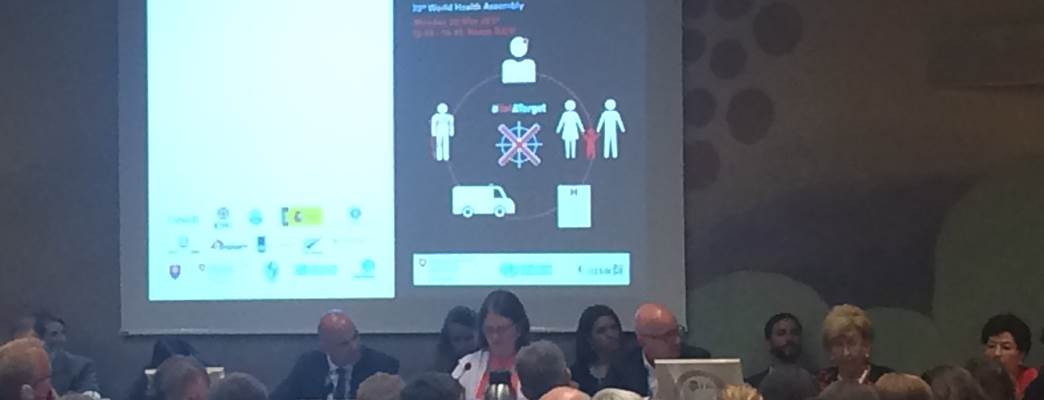Nearly 600 violent attacks against health care took place in 19 countries in 2014 and 2015, according to a recent WHO report. In the first three quarters of 2016, a staggering 198 cases were reported. This violence resulted in the deaths of a thousand civilians, many of them medical personnel. The Director General of ICRC, Mr Yves Daccord, stated that systematic attacks on healthcare facilities from both governmental and non-governmental actors now is part of the warstrategies. The Executive Director of WHO Health Emergency Programme, Dr. Peter Salama, pointed to the serious long term contribution of these attacks on health systems. The attacks contribute to the flight and collapse of health systems, and this hasserious long lasting consequences.
The Security Council adopted resolution 2286 in May 2016, strongly condemning attacks against medical facilities and personnel in conflict situations. Unfortunately there has been no reduction neither in the number of attacks, nor in the severity. Canadas Minister of Health, H.E. Jane Philpott, expressed concerns over the risk of complacency. If attacks on healthcare facilities becomes the new reality, there is a risk that people become numb to news of what medical personnel faces. She emphasized the need of moving from awareness to action, and to strengthen WHO for it to be able to track and document attacks.
WHO’s Director General, Dr Margaret Chan, underlined the importance of collaboration and working as partners in teams. Collecting more data on the attacks to know more about the long term consequences, protect the health facilities better, working to engage civilsociety and holding states accountable for any such attacks were some of the recommendations given by the various speakers on the way forward. "We need to reset the world’s moral compass. These are fundamental attacks on our values and our societies," concluded Dr. Peter Salama.
